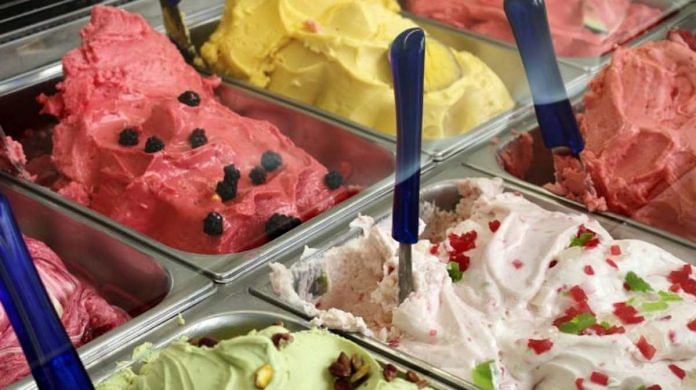
New Delhi: Indians consumed lower quantities of bottled water, meat, fish, cold drinks, ice-cream and vegetable oils, and used less amount of body and hair care products in the period from April to September as the Covid-19 pandemic brought about a change in people’s consumption pattern and lifestyles.
Indians also consumed less anti-tuberculosis and other anti-inflammatory medication as they steered clear of hospitals and doctors during the pandemic.
The fall in consumption is reflected in the sharp fall of production of these items during the period, according to a CARE Ratings analysis released Tuesday.
The impact of the people’s fear of contracting the virus on consumption, a reduction in their discretionary spends and a drop in demand from industries like hotel, tourism and aviation led to a slump in the production.
All these items — bottled water, meat and fish, cold drinks, ice-cream — form a part of the consumer non-durables category of the Index of Industrial Production.
Although there was an expectation that this segment may have grown during the pandemic, CARE Ratings data showed the impact has been varied, driven by demand for these products.
The consumer non-durables index saw a 7.8 per cent contraction in the 6-month period as against a growth of 5.1 per cent in the period a year ago. However, in anticipation of festive demand, there was a sharp rebound in September after months of negative growth.
Ice-cream production fell 70%, production of soaps rose
The analysis pointed out that while ice-cream production fell by 70 per cent during the period, production of aerated drinks fell by 52 per cent as people were wary of consuming cold food in fear of contracting the virus.
Non-opening of hotels and restaurants also had an impact on consumption of cold drinks. The slump in hotel, restaurant and aviation industry also saw demand for groundnut oil, soybean oil and refined palm oil falling. Bottled water production also declined by 73 per cent.
Fresh and frozen fish and goat meat saw a slump, with the former contracting by 67 per cent and the latter by 99 per cent due to fear of the spread of the virus through consumption of these items, CARE Ratings said.
It also added that production of antipyretic, analgesic/anti-inflammatory API and formulations fell by 15.6 per cent and that of anti-tuberculosis medicines fell by 3.8 per cent.
Work from home and restrictions on social gathering saw demand for hair care and skin care products contract in the first half of the fiscal. While hair care products saw a 15 per cent contraction, production of creams and lotion fell by 56 per cent.
Meanwhile, production of washing and cleaning products like soaps and detergents rose as people became more conscious about personal hygiene.
Food items like biscuits, milk powder and butter also surged with more people working from home and eating meals at home. Antimalarial drugs, including hydroxychloroquine, saw a sharp increase of 334 per cent in the first half of the fiscal as it was used in Covid treatment.
Subscribe to our channels on YouTube & Telegram
Why news media is in crisis & How you can fix it
India needs free, fair, non-hyphenated and questioning journalism even more as it faces multiple crises.
But the news media is in a crisis of its own. There have been brutal layoffs and pay-cuts. The best of journalism is shrinking, yielding to crude prime-time spectacle.
ThePrint has the finest young reporters, columnists and editors working for it. Sustaining journalism of this quality needs smart and thinking people like you to pay for it. Whether you live in India or overseas, you can do it here.